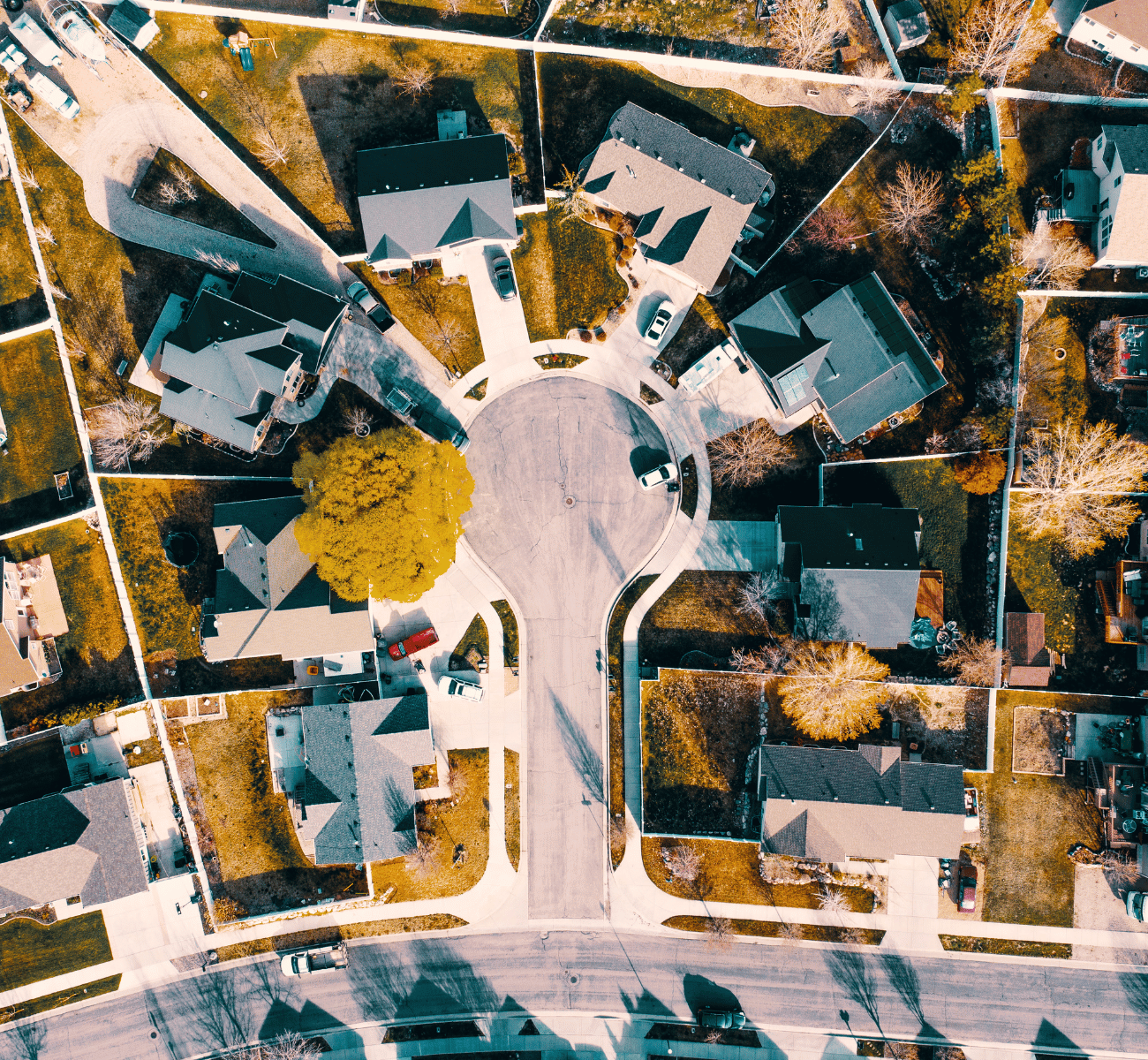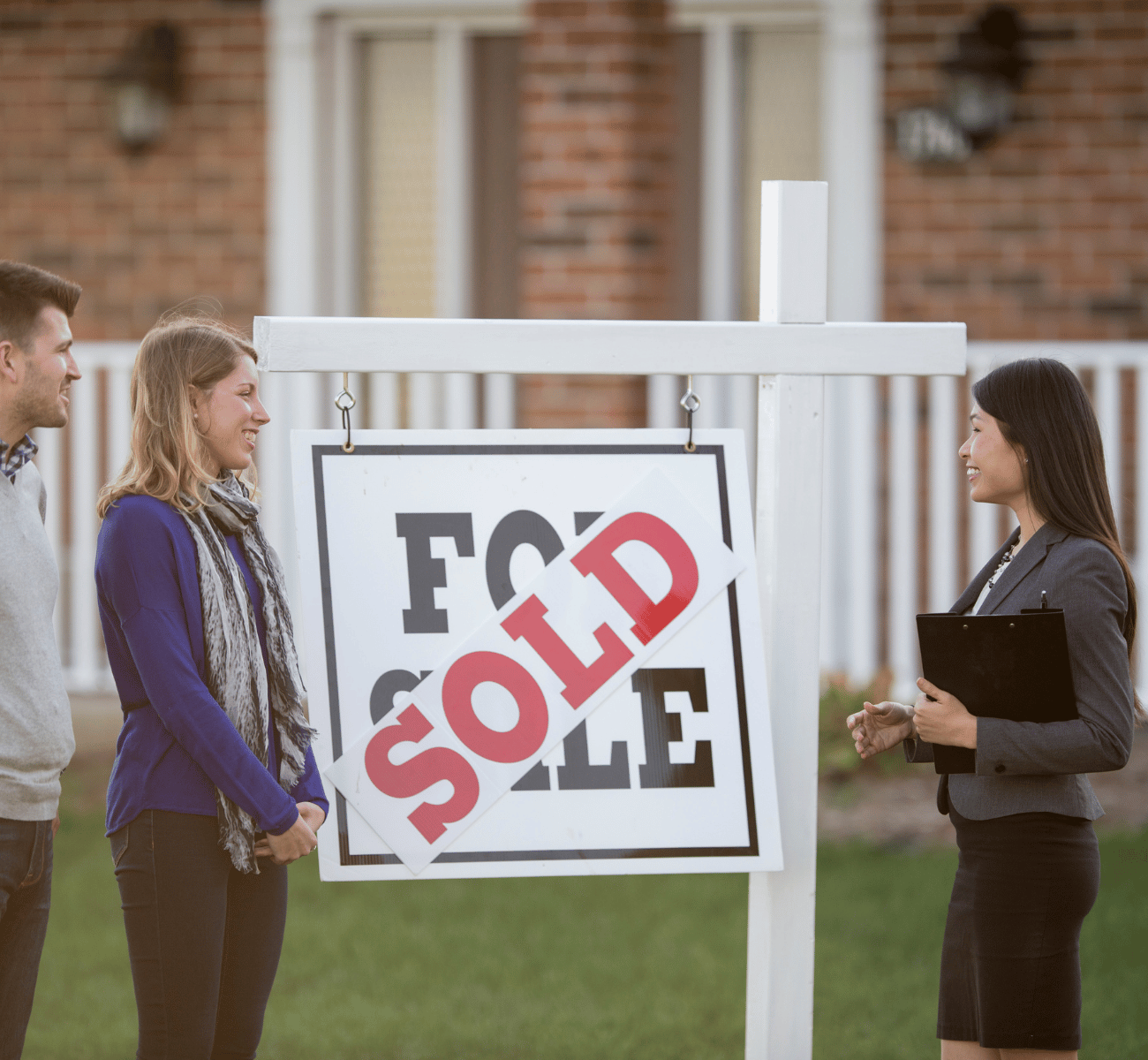House Hunting Guide: How To Start Your Home Search
Are you ready to buy a house and don't know where to start? Follow along with these simple steps to start your home search today.
The home-buying process can be difficult to navigate and intimidating at first. No matter if this is you are a first-time home buyer or a seasoned pro, there will be many common mistakes to make along the way.
The housing market changes every day, and most homes in popular areas won't stay on the market for very long. You will need to have everything in order and act fast if you want to purchase your dream home. If you want to achieve home-buying success, it is imperative that you know the right way to start your home search.
While searching for your next home, the most important thing to do is stay organized and open-minded. A home may not check all your boxes, but you might find something in a home that you didn't know you needed. Keep in mind that this could be your forever home, and you can still make changes and renovations once you are all moved in.
The house search can feel draining and long, but it will be all worth it in the end when you have found the house of your dreams. Follow these tips to set yourself up for success during your house hunt.
Keep reading to learn all about how to start your home search.
1. Determine Your Budget
The first and most important thing you should do to start your home search is determine your budget. The best way to know for sure what you can afford is to get pre-approved for a mortgage. The process can be strenuous, but it can be made simpler if you understand the steps to getting pre-approved.
This will be extremely helpful in finding which price range to target as you search for homes. It also helps sellers know how serious you are about buying because pre-approval will put you one step closer to obtaining a mortgage.
Before buying a house, it is recommended that you save about 20% of your purchase price to use as a deposit. This is so the bank will not add any private mortgage insurance fees to your monthly mortgage payment. However, if you don't have the option to do this, that is perfectly fine, too.
Some banks will offer you as little as 3% down, but you should always speak with a lender and start the pre-approval process as early as you can. The minimum percent required down for a conventional loan without PMI is 20%; for a conventional loan with PMI, the minimum percent is 3% to 10%.
While figuring out your budget, give yourself some wiggle room to cover any unexpected costs. The most common hidden costs when purchasing a home include closing costs, property taxes, moving costs, homeowner's association fees, and home maintenance and repairs. As long as you know you can afford these extra costs, you should be in a good position to start the next step of the home search process.
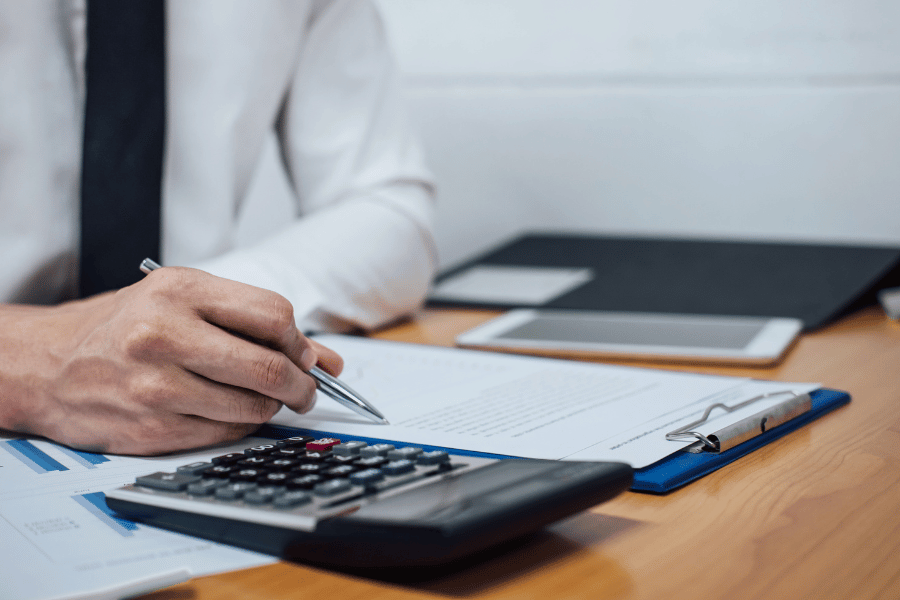
2. Create a List of House Must-Haves and Nice-To-Haves
The second most important thing to do when you start your home search is to determine what you are looking for. The best way to do this is to create two lists: one for the must-haves and one for the nice-to-haves.
The must-haves are things you consider to be a deal break, like the school district, number of bedrooms, or location. Once you have created this list, it will be easier for your real estate agent to narrow down the search. If you find a home that has almost all your must-haves but has the space and potential for renovations, definitely keep it as an option.
The nice-to-haves are factors you are willing to be flexible with. This can be the size of the yard, a pool in the backyard, or the porch. These are great to have because if you have found houses that have all your must-haves, these can help you to determine the final winner.
Consider structural and cosmetic qualities. Also, remember that once you buy a house, you are free to make any changes. Make sure to check with the HOA before you make any significant renovations to the house. As you create these lists, keep your budget in mind and leave extra room for any potential changes you might want to make in the future.
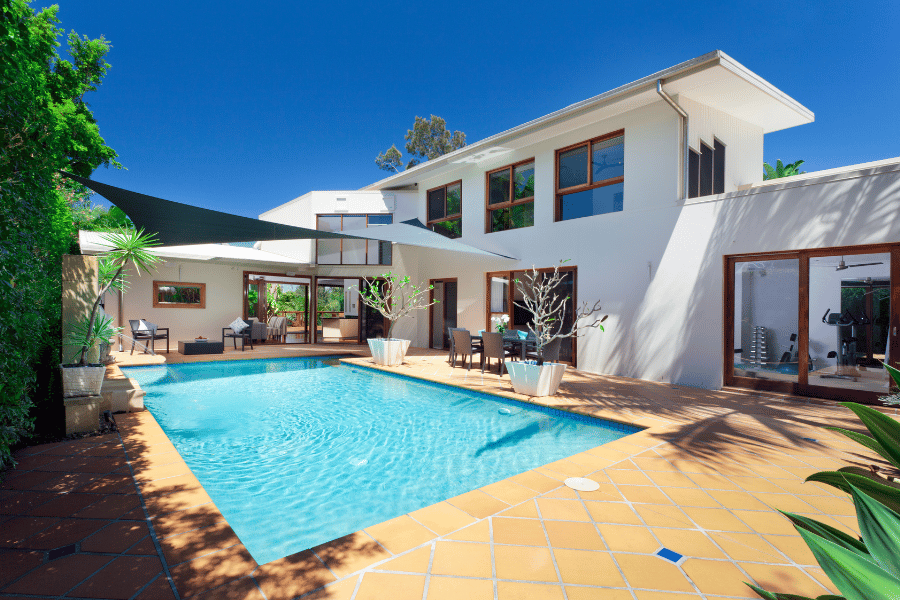
3. Check House Hunting Websites and Apps
If you haven't already found a real estate agent to work with, you can still start looking for homes on your own. You can start by browsing houses for sale online or through apps. This will give you a good idea of the local housing market and how much an average home sells in your ideal location.
About 41% of recent buyers said the first step they took while house hunting was to look online for properties for sale. According to the National Association of Realtors, the average buyer searched for ten weeks and looked at a median of 7 homes. Four of these homes were viewed only online.
While you search, look at your top neighborhoods for school districts, restaurants, crime rates, and the cost of living. These are all very important to consider for home buyers. A good rule of thumb is to ensure your search is geo-specific to the locations you are interested in.
Many house-hunting websites and apps allow you to look specifically at one area. There are a lot of helpful apps out there that can help you during the home-buying process and after you become a homeowner.
If you are moving somewhere close by, consider driving around the neighborhood to get a better feel for the area. This can also give you a chance to see other homes in the neighborhood that are comparable in price and size.

4. Find Your Trusted Real Estate Agent
Searching for a trusted real estate agent should be one of your top priorities. You should understand what type of agent to work with as a buyer. A buyer's agent can work directly with you on your house hunt, or you can work with a dual agent. A dual agent will represent both the buyer and seller at the same time.
No matter what type of real estate agent you work with, make sure to ask them the important questions. Here are some of the questions you should ask when choosing a real estate agent to buy a home:
- How many clients have you helped?
- How will you negotiate on our behalf?
- Do you have reviews and contact information from past clients?
- What makes you different from other real estate agents?
These questions will help you gauge what type of real estate agent they are and how reliable they will be. Some agents may have just started their careers, and some have been in real estate for years.
About 43% of buyers used an agent that was referred to them by a friend, neighbor, or relative. So get in touch with people you know who have recently bought a house to find a trusted agent.
Your goal should be to ensure this process is as smooth as possible. A good real estate agent will also ensure this, but these questions are vital to ensure you get the best bang for your buck.

5. Visit The Homes
Once you have followed the previous steps, it is finally time to visit the homes in person. Many sellers host open houses to showcase their properties. Your real estate agent should know about open houses in your area for you to visit. You can also arrange personal viewings with your agent.
When you visit a home, not only are you seeing if the house checks all your boxes, but you should also look out for any possible problems. While inside, check for uneven floors, water stains, cracks in the ceilings or walls, and mold. If you can easily see damage on the interior or exterior, this home may not be right.
Don't be shy and ask the seller or seller's agent questions. Ask for permission to measure the rooms, and this will give you a better idea of how you can set up each room. Most agents will tell you not to rely on the measurements on the listing sheet, so it is good to have your own.
Here are some common questions to ask at an open house:
- How long has the home been on the market?
- Why are the owners selling?
- How old are the home's major systems (electric, plumbing, HVAC)?
- How much are the utilities typically?
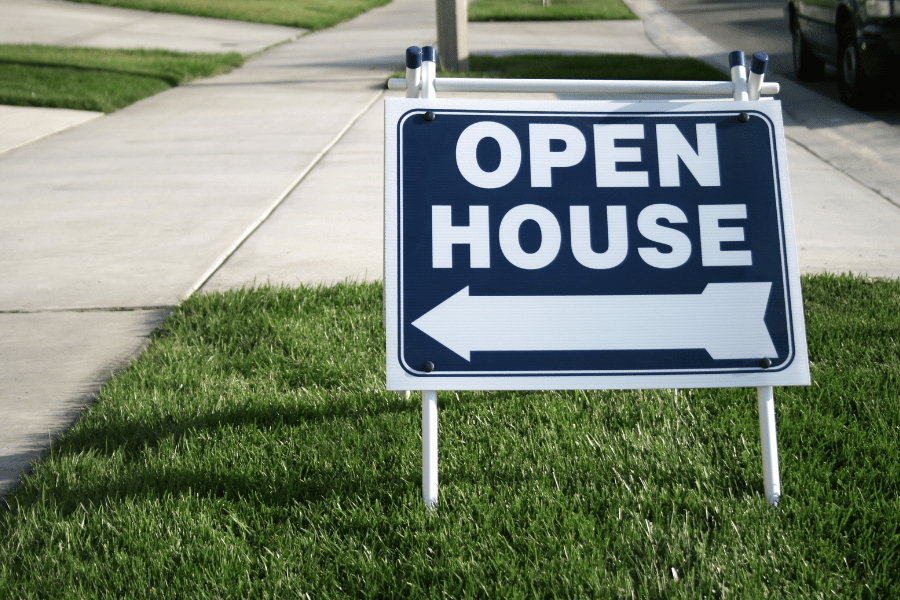
Methodology
We used information and data from several different sources, as well as our own data, to determine the best ways to start your home search. Most of the data was sourced from the following sources:
FAQ: How To Start Your Home Search
Here are some commonly asked questions about how to start your home search.
How do I organize my house search?
Everyone will organize their house search differently, and what works for someone else may not work for you. However, it is advisable to determine your home-buying criteria,f file your notes, create a saved search, and keep a folder to organize all of the information.
How early should I start house hunting?
Typically, home buyers will start looking for a house about ten weeks out from move-in day. Although you can start looking whenever the time is right for you, just make sure to track the local market to stay up to date with new listings. It is recommended to research the average number of days a new listing stays on the market so you can better manage your time during the home search.
How much should I have saved before house hunting?
When house hunting, a loan officer will typically tell you to save about 20% of your purchase price to use as the deposit. This is because once you have put down 20%, the bank will not add any private mortgage insurance fees to your monthly mortgage payment.
How do I make a house-hunting wish list?
The first step in a house-hunting wish list is to break down your must-haves and top priorities. Remember the importance of location, pricing, and the local market. Finally, remain flexible, organized, and open-minded while searching for homes with your real estate agent.
How long do most people spend house hunting?
Most homebuyers spend about five months house hunting. This includes finding an agent, pre-approval, housing hunting, making an offer, getting the mortgage, and closing on the home.
House Hunting Guide: How To Start Your Home Search - The Bottom Line
We know the home-buying process can be intimidating, but don't worry, we have you covered on everything from things to look out for to questions to ask when buying a house.
It is essential to have a trustworthy agent to help you through this process. When it comes to finding a home, everyone has different priorities, and no one wants to break the bank to get one. With that being said, finding a home that suits your needs and wants is vital.
As you are searching for your next home in Raleigh, NC, which is one of the fastest-growing areas in the country with many beautiful homes for sale, you'll have to act fast if you want to buy your next home in one of Raleigh's best neighborhoods.
Before you buy your next home in the Triangle, feel free to contact one of our helpful real estate specialists, as they are eager to help you find the perfect home. We know that buying a home can be overwhelming, so make sure you are prepared beforehand.
